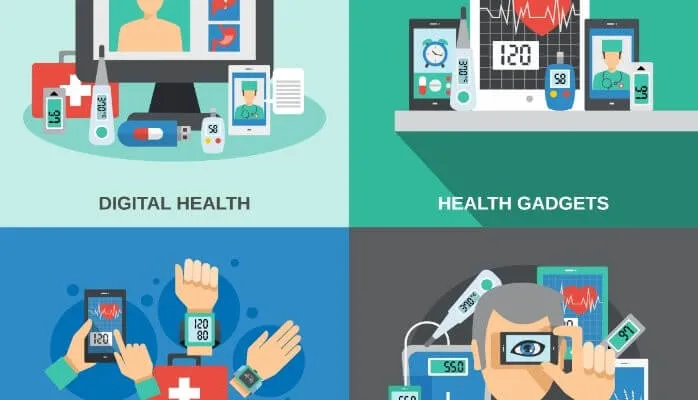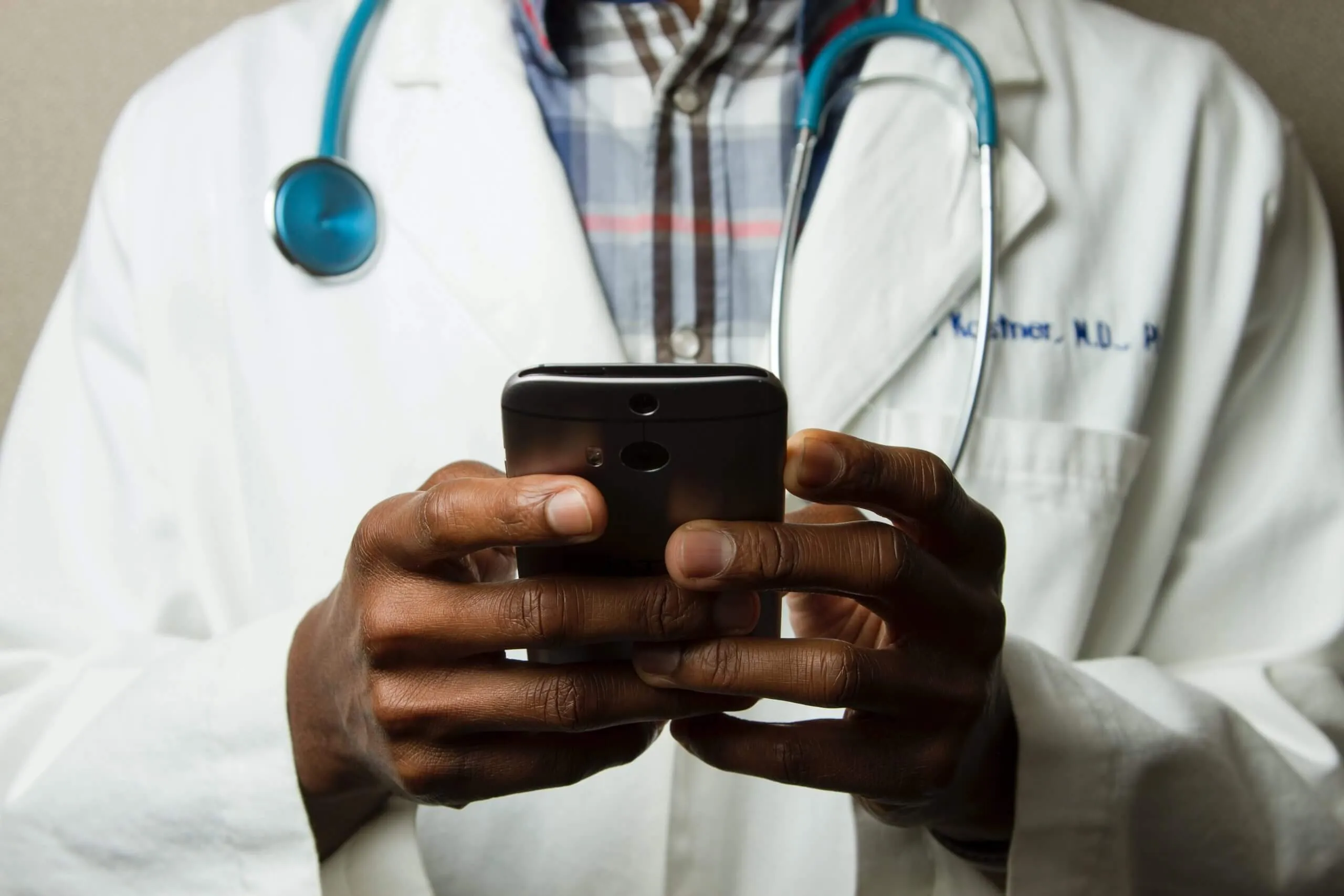Can Digital Health Technology Fix Healthcare in India?

Can Digital Health Technology fix Healthcare in India?
Digital Health, a unique combination of Healthcare Services, Information Technology, and Mobile Technology is a possible solution to some of our healthcare delivery challenges. The Healthcare system can benefit from multiple levels from the digital health phenomenon: better accessibility, cost-effectiveness, and better outcomes.
India’s health care system is not totally perfect. In fact, it is less than adequate. While there are challenges in both private and public health care today, there is immense hope for the revival of the system with the intervention of technology in healthcare. Digital Health, a unique combination of Healthcare Services, Information Technology, and Mobile Technology is a possible solution to some of our healthcare delivery challenges.
The Healthcare system can benefit from multiple levels from the digital health phenomenon: better accessibility, cost-effectiveness, and better outcomes:
A recent McKinsey Digital Patient Survey conducted in 2014 in Germany, Singapore, and the United Kingdom showed that
- 75 percent of respondents would like to use digital healthcare services
- older patients (those over 50) want digital healthcare services nearly as much as their younger counterparts.
- Patients expect from their health system are surprisingly mundane: efficiency, better access to information, integration with other channels, and the availability of a real person if the digital service doesn’t give them what they need.
In another recent report, Goldman analysts predicted that digital healthcare will revolutionize the industry, both by increasing access to diagnostic, treatment, and preventative care and by dramatically reducing costs. Though space is still in the early stages of development, Goldman sees massive opportunities in Telehealth, behavior modification, and remote patient monitoring and an opportunity for $305 billion in savings from digital healthcare in the near future in the USA alone.
Opportunity for entrepreneurs:
There can be significant opportunities in TeleHealth especially amongst large providers of healthcare like the state (public) healthcare systems. Let’s take the example of one state. They have tens of tertiary and secondary care hospitals and hundreds of primary care centers. Right now the flow of medical data is completely missing as the patient moves from one level to the next. Also most often, specialists are only available at the tertiary care hospital. Both these are major drawbacks that can easily be overcome by TeleHealth. A radiologist sitting in a tertiary care hospital should be able to interpret the images coming out of the secondary care hospital.
This is also can be relevant in large conglomerates such as the Railways, Defence forces, large mining companies, etc. who already have the mandate to provide medical assistance to their employees as well as the community where they operate. Here, the buyers of the service would be large healthcare providers. In addition to Tele-Radiology, other services relevant in these settings would be Tele-Psychiatry, Tele-pathology, Tele-Dermatology, in addition to plain vanilla Tele-consultations.
Advances in mobile technologies, sensors and wearables, genome sequencing, and advances in analytics now make it possible to capture vast amounts of information about our individual makeup. The sum of this information could transform medicine, turning a field aimed at treating the average patient into one that’s customized to each person while shifting more control and responsibility from doctors to patients. However, this may take some time before this becomes mainstream.
M-Health defined as health-related mobile apps and health-related wearable devices are also seeing significant traction the world over. The health apps market is segmenting and two different groups have emerged. One group handles low- confidentiality data (personal wellness and activity data); this is usually a consumer-driven purchase. The second group manages medium to high confidentiality data (health data and personal medical records); these are used by clinicians, patients or hospitals. mHealth solutions in the second group offer the greatest potential to improve healthcare outcomes, but present challenges until we further improve access to data.
Globally second opinion platforms like GrandRounds, BestDoctors, etc are attracting significant attention from doctors as well as patients and employers for their employees. Also, a significant number of doctors are signing up on Professional Network Platforms like Doximity to stay connected with their classmates, network with their colleagues and earn CME credits. Also, patients are sharing their health information and connecting with like-minded patients on platforms like Patients Like Me.

In India also there is significant activity including funding for Digital health companies in discovery/practice management, digital wellness platforms, online pharmacies, second opinion platforms, chronic disease management, patient engagement, etc. Practo and Lybrate are into Discovery and practice management space whereas GoQii is into wellness management through wearable devices and personalf coaches. Netmeds, Ziggy, etc are trying to next-door online pharmacies and marketplaces for health needs. We see significant activity also in niche areas like disease management (Cooey, Janacare), patient engagement (SmartRX), consultation platforms (DocsApp, MediAngels).
Even though many of them don't have significant revenues right now including the well-funded startups, we anticipate that some of the existing digital health players spread horizontally providing more comprehensive digital health solutions and some of them will remain as niche vertical players.
Health unlike many other sectors is a primary need of the population and therefore a field that will continue to stay relevant. It demands innovative ideas to address pressing needs. For this reason, digital health makes brilliant business sense in our country. It is now up to entrepreneurs to make the most of this opportunity to create solutions, improve health conditions and in the process build great businesses.





